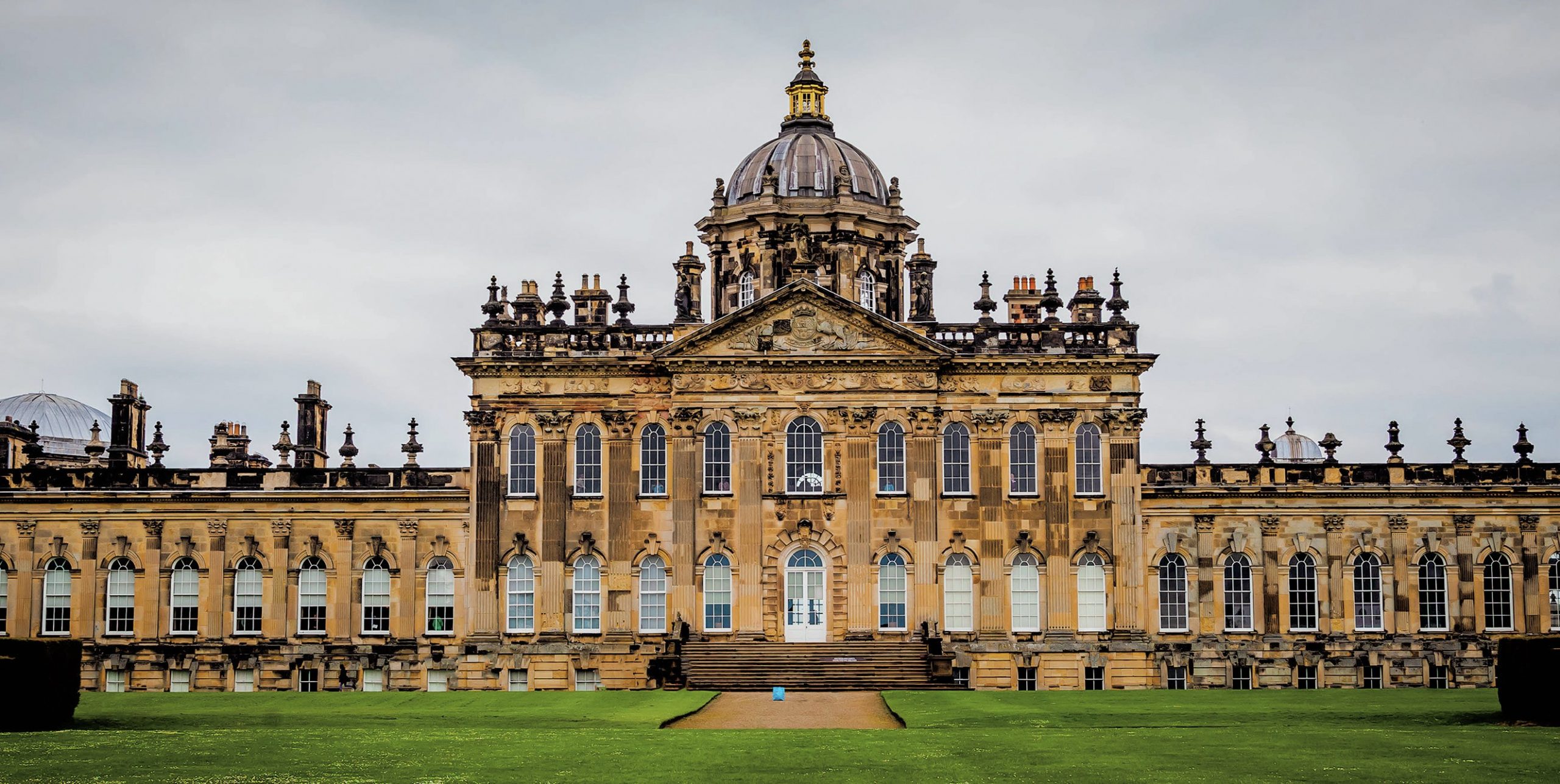
Aglamorous world of wealth, parties, booze and sex; a narrator recalling an infatuation with a dazzling, richer, charismatic friend; a doomed love affair; an undertone of elegiac melancholy: does this sound familiar? Evelyn Waugh’s Brideshead Revisited (1945) might be regarded as the posh English cousin of F. Scott Fitzgerald’s The Great Gatsby (1922).
The novel tells the story of Charles Ryder, a disillusioned army captain, who, in the middle of the Second World War, finds himself stationed — purely by chance, or Providence? — at a grand aristocratic house that has been taken over (and ravaged) by the army as it waits to be sent to fight in Europe. The house’s name? Brideshead, a magic word, ‘a conjuror’s name of such ancient power, that, at its mere sound, the phantoms of those haunted late years began to take flight’ (Prologue).
Your organisation does not have access to this article.
Sign up today to give your students the edge they need to achieve their best grades with subject expertise
Subscribe




